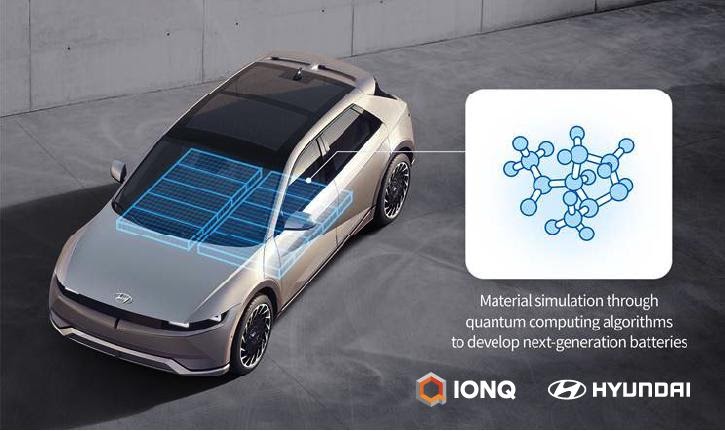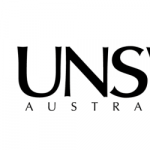IonQ, Hyundai aim to improve electric vehicle batteries via quantum simulation

Trapped-ion quantum computing firm IonQ and Hyundai Motor Company have partnered on a quantum-powered simulation project that could help improve the quality and efficiency of future generations of electric vehicle batteries.
The announcement comes a year after Hyundai was listed along with fellow automaker Kia as a strategic investor in IonQ.
A statement from the two companies described the partnership as an effort “to develop new variational quantum eigensolver algorithms to study lithium compounds and their chemical reactions involved in battery chemistry.” This involves “creating the most advanced battery chemistry model yet developed on quantum computers, measured by the number of qubits and quantum gates,” the statement added.
Chemistry simulation can help lead to enhancements in next-generation lithium batteries by making improvements to the devices’ charge and discharge cycles, as well as their durability, capacity and safety. Using quantum computing for these simulations enables more precise simulation and control of chemical reactions, the companies said.
“This creative collaboration with IonQ is expected to provide innovation in the development of basic materials in virtual space for various parts of the future mobility,” said TaeWon Lim, Executive Vice President and Head of Materials Research & Engineering Center at Hyundai Motor Group, in the statement. “We’re excited to step into the upcoming quantum era and take advantage of the opportunities that await with more effective battery power.”
Batteries typically are the most expensive component of an electric vehicle (EV), so any time, cost and effort that can be saved in battery development and production could have broad impact. Also, Hyundai and IonQ share a belief that EVs play an important role in meeting global sustainability goals and mitigating climate change. Hyundai’s Strategy 2025 goals include an aim to sell 560,000 EVs per year and introduce more than 12 battery electric vehicle (BEV) models to consumers.
“We at IonQ believe in our mission to solve the world’s most complex problems through the ongoing development of our quantum computers, and we see global climate change as one such problem that we can help to tackle with quantum chemistry solutions,” said Peter Chapman, President and CEO of IonQ, in the statement. “Battery efficiency is one of the most promising emerging areas where quantum computing can make a difference. We are thrilled to be working with Hyundai Motor Company on this project to make EVs a primary mode of transportation across the globe.”



















